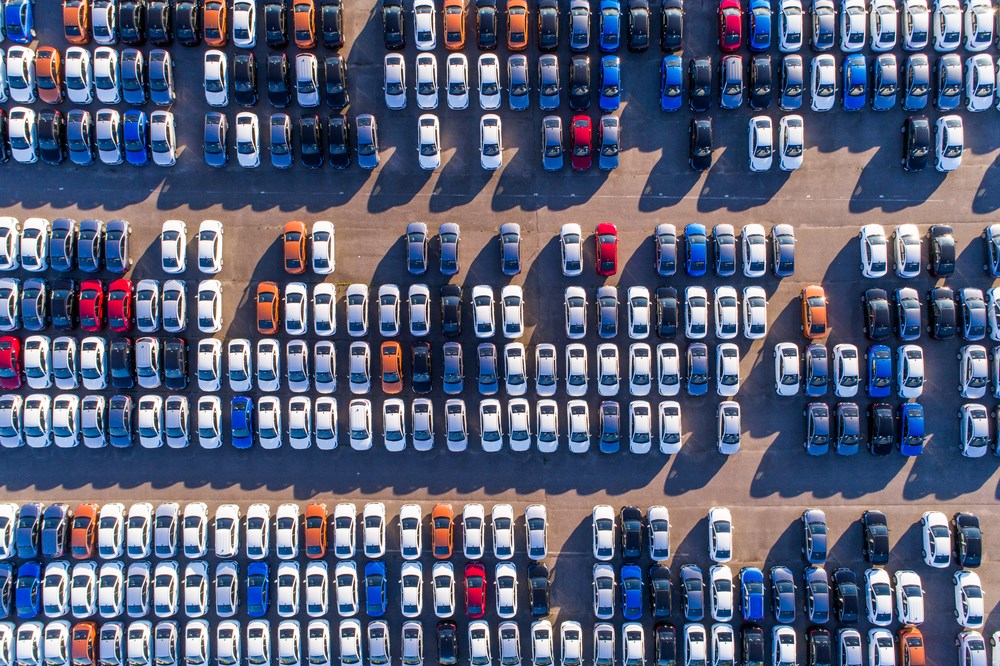Europe’s car fleet is changing fast, but will keep running on liquid fuel for a long time
Recent headlines have focused on the rapid growth of electric vehicles in Europe – with a market share increasing even as sales of cars generally have been hit hard by the COVID-19 pandemic.
But new figures from EU automobile manufacturers association ACEA show that – while it’s true that electric car sales have steadily increased – Europeans are still buying mainly cars that run on liquid fuel. The fact that these vehicles will be on Europe’s roads for a long time underlines the need for EU transport and energy policy to consider the importance of low-carbon solutions such as renewable ethanol.
What fuels new cars?
Low-carbon liquid fuels remain the best way to reduce emissions from these vehicles, including the hybrid-electric (HEV) and plug-in hybrid electric (PHEV) vehicles that have seen increased interest from car-buyers. Production and use of renewable ethanol from ePURE members delivered an average of more than 72% greenhouse-gas savings compared to fossil fuels in 2019; every year ethanol’s sustainability score keeps improving, making it an essential tool for achieving the EU Green Deal.
According to ACEA, 9.9 million new passenger cars were registered in 2020 – a decrease of 23.7% compared to 2019 that is directly attributable to the COVID-19 crisis. Petrol vehicles still have the biggest market share, with 47.5% of new vehicles sold in 2020. Alternative fuel types represent 24.5% of new registrations, including HEV with 11.9%, battery electric vehicles (BEV) with 5.4%, PHEV with 5.1%, and other alternatively fuelled vehicles (NG, LPG, E85) at 2.1%.
Petrol cars still predominate on EU roads
Another important statistic released by ACEA concerns the EU vehicle fleet – the cars currently in use. Conventional petrol cars are still the majority of the fleet, accounting for 52.9% of all EU passenger cars in 2019. That’s only a slight 1.1% decrease in the share compared to 2018. By contrast, the share of alternative-fuel vehicles (AFV) reached 4.8% (an increase from 4.1% in 2018), or about 11.6 million cars on the road. The AFV trend includes new flex-fuel vehicles from Ford and Jaguar/Land Rover in France, where E85 fuel, containing up to 85% renewable ethanol, is becoming more popular.
Furthermore, these cars are staying on the road longer and longer. The average age of EU cars was 11.5 years in 2019 compared to 10.8 years in 2018, ACEA said. Lithuania, Estonia and Romania all have fleets older than 16 years old in average whereas Luxembourg has the youngest fleet averaging 6.5 years old.
As EU policymakers consider key legislation such as the Sustainable and Smart Mobility Strategy, they should remember that Europe will need more than one solution for decarbonising road transport in the coming decades. Even as electrification grows in importance, the need for low-carbon liquid fuels will stay significant.
